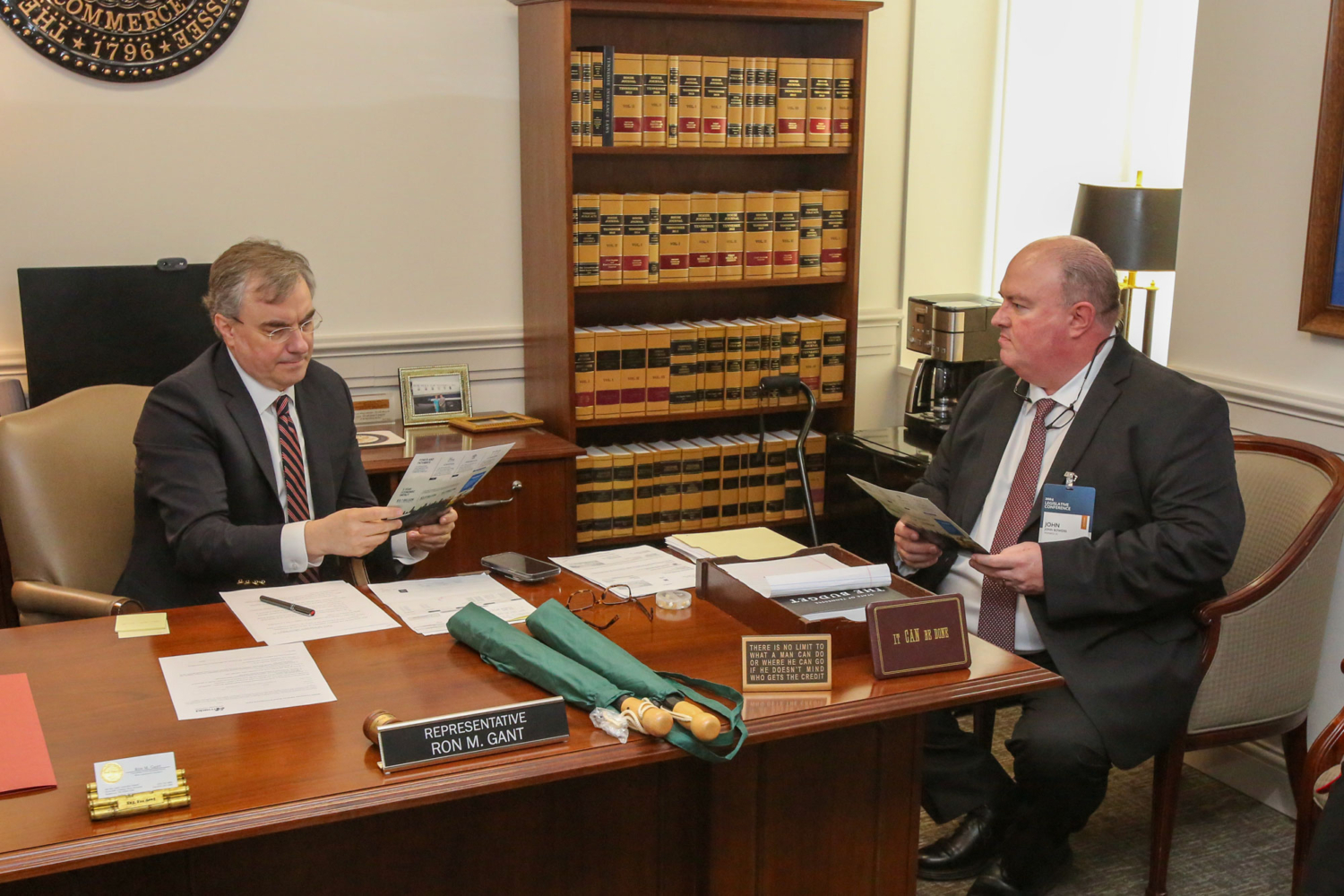Numbers can be tough to grasp — especially the really big ones. How tall do you think a stack of dollar bills might be? One hundred would be less than ½ inch thick, easy enough to put in your pocket. But what about 1 billion? That stack of cash would be a whopping 68 miles tall, extending practically into space.
That scale is hard to comprehend. But you have a good handle on numbers that matter to you, right? Your spouse’s birthday? How much you owe your friend for lunch? Well, maybe numbers are pretty tough.
If you are a frequent reader of this publication, you know that we often highlight the important work that electric co-ops do across the state. Whether it is economic development, youth programs, broadband or making sure the lights come on when you flip the switch, electric co-ops work behind the scenes to make your community stronger, more resilient and better prepared to face the future.
New research conducted by the National Rural Electric Cooperative Association and Cooperative Finance Corporation assigns economic value to these efforts, and the numbers are — forgive the pun — shocking.
The report, “Economic Powerhouses: The Economic Impacts of America’s Electric Cooperatives,” details the economic impacts of the activities conducted by co-ops through the generation, transmission and distribution of electricity as well as capital investments in the grid, operations and maintenance.
Across the nation, electric co-ops support 622,832 American jobs and contribute more than $111 billion each year to the nation’s Gross Domestic Product. There are 11 states that contribute less to the U.S. GDP than electric co-ops do. That is staggering.
While the national numbers are important, the study also looked at economic impact on a state-by-state level.
Electric co-ops in Tennessee create 10,085 jobs annually. Of these, about 3,300 Tennesseans work directly for co-ops, and the remainder are employed by contractors or other businesses that support co-ops. Each year, these 10,085 jobs produce $780 million in income for Tennesseans.
One of the most notable findings to me is that 95% of these jobs and income are created in the rural and suburban communities that co-ops serve.
The study also examined the taxes paid by electric co-ops, their suppliers and other businesses impacted by the work of electric co-ops. This amounts to $113 million in federal taxes, $240 million in state taxes and $112 million in local taxes each year. Your county commissioners will know that the electric co-op is almost always the largest taxpayer in the county.
So what’s the bottom line? Electric co-ops contribute $1.9 billion each year to Tennessee’s economy. Instead of stacking them up, if you laid that many dollar bills out like a blanket, it would cover nearly 4,500 acres. That’s roughly 16 times larger than the entire landmass of New York City.
The findings of the study are interesting, but they point to something more fundamental. Your electric co-op is a foundational institution in your community. Co-ops are local and care about people and the places we call home.
So even if it is easy to get lost in the numbers, you can trust that your co-op wants to do what is best for you and your family. The good people who work there know that connecting you to what is important makes a difference, and they want to make your home a better place. And that is easy to understand.




